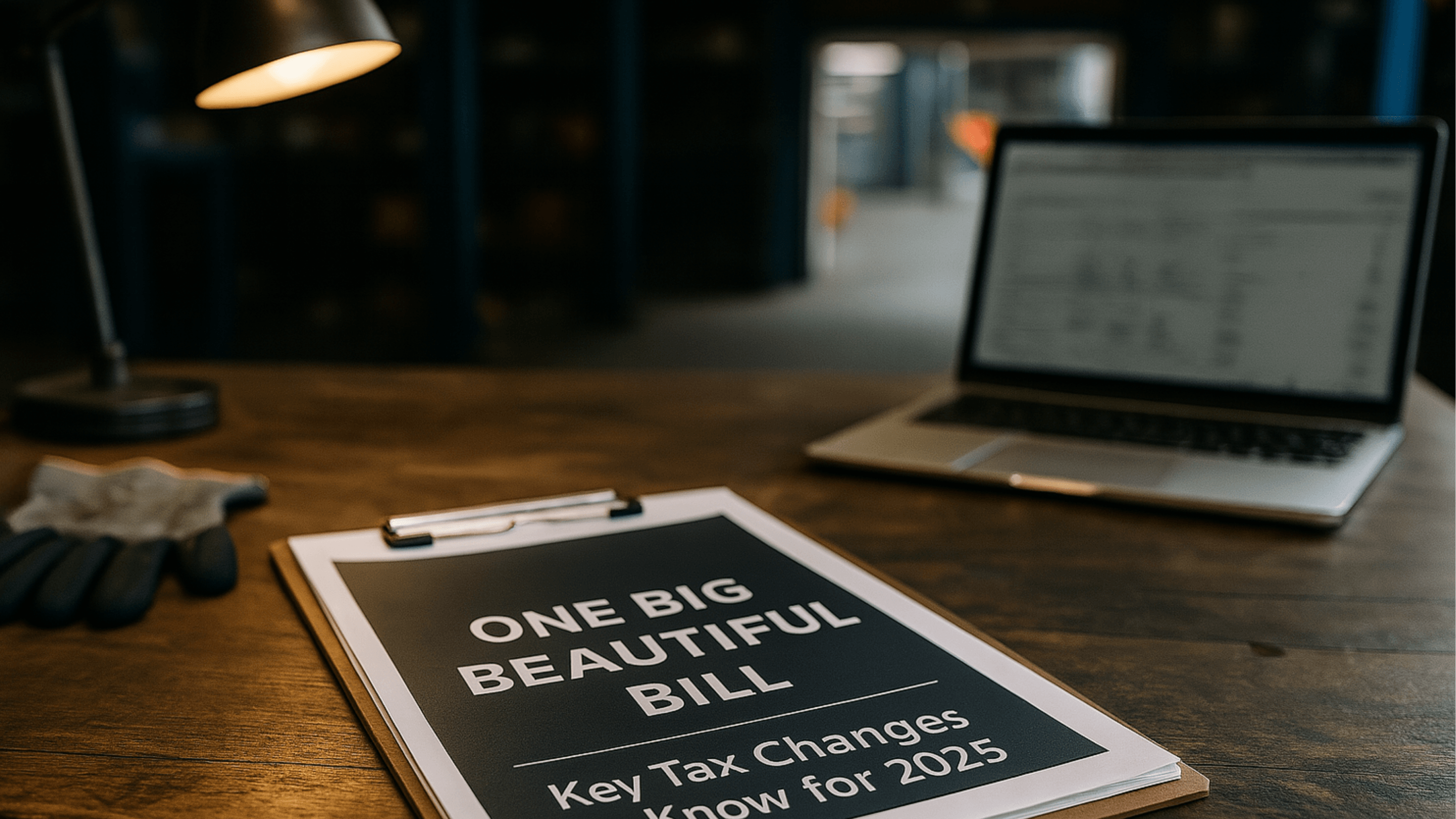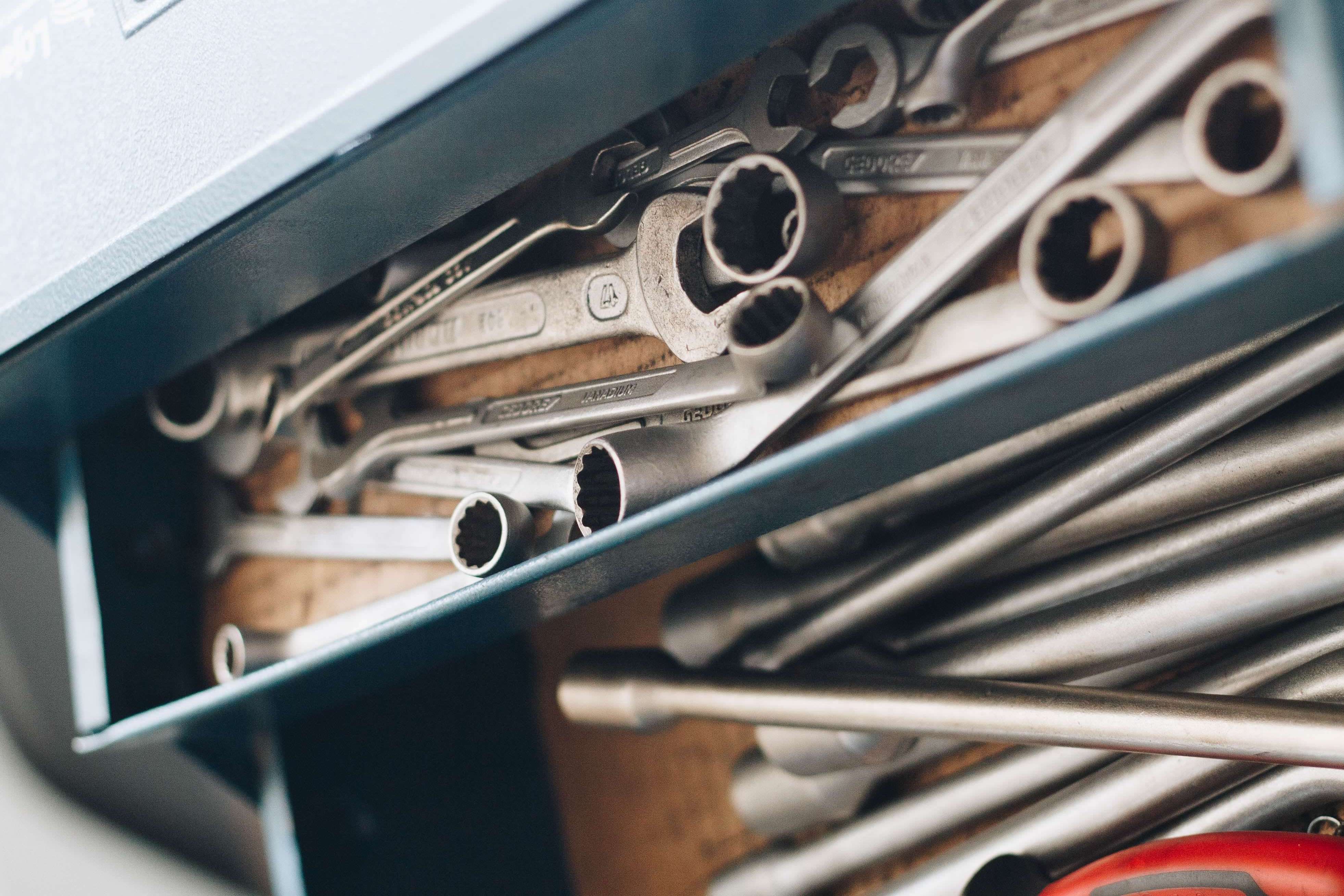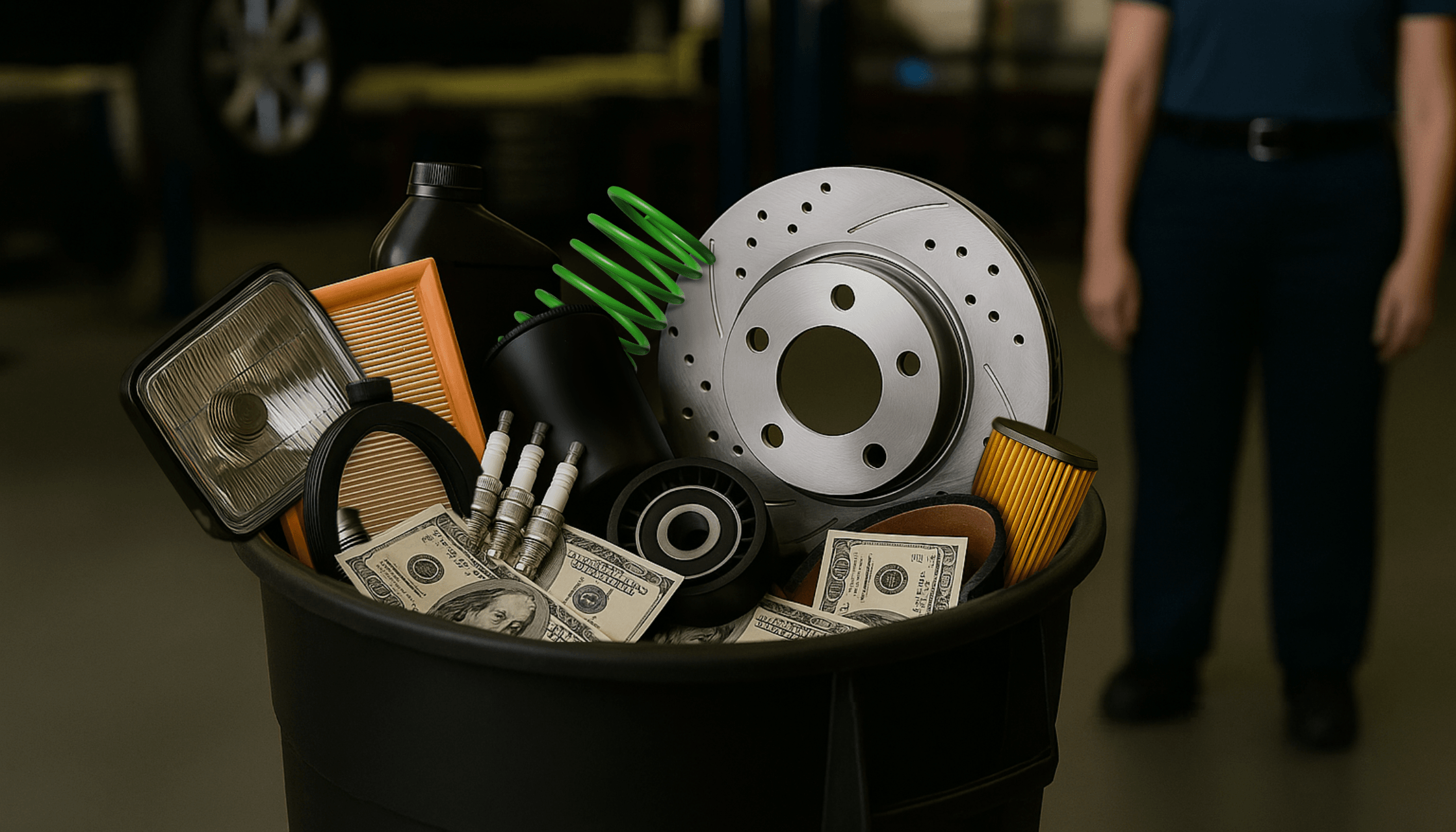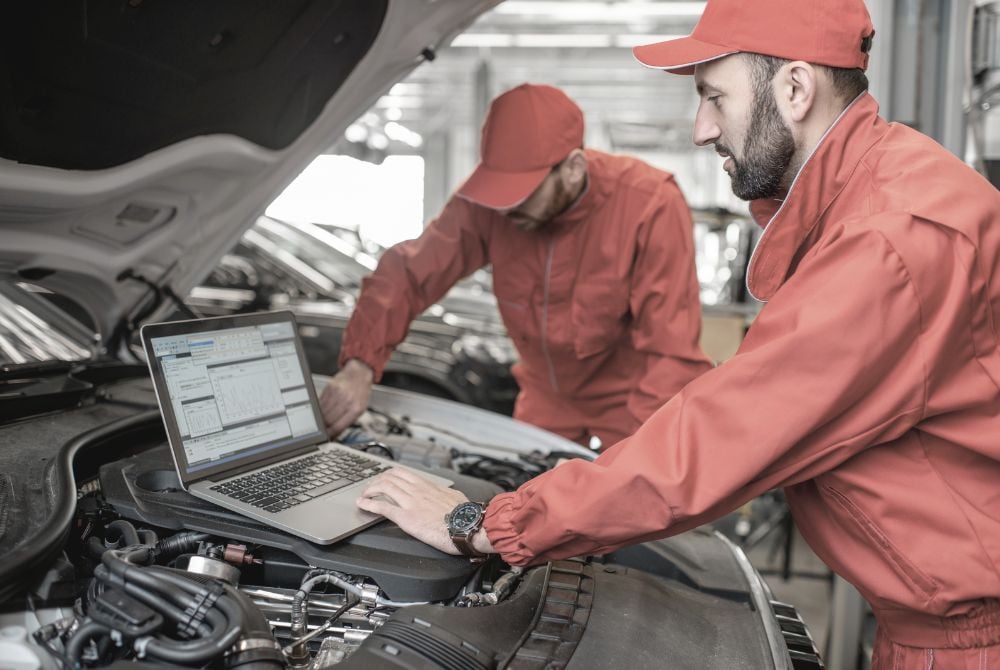7 Auto Repair Shop Tax Deductions to Save BIG Money
Did you know that most businesses lose out on a significant amount of money each year by neglecting to take advantage of tax deductions? In fact, you...

On July 4, 2025, the President signed the “One Big Beautiful Bill” (OBBB)—a sweeping tax package with more than 100 changes. Not every line item affects your shop, but several of them do—and knowing where they apply can save you money or prevent surprises.
This article walks through the specific changes that matter most to shop owners, whether you're buying equipment, paying techs, filing a business return, or managing your own paycheck.
Let’s get into it.
These updates affect how you run your shop—from new write-offs on equipment to tax credits tied to benefits and payroll.
Section 174: R&D Expensing Returns
You can now fully deduct U.S.-based research and development costs again, retroactively for some businesses. That might include diagnostics, processes, or systems you’ve been improving.
Bonus Depreciation Is Back (100%)
Full bonus depreciation is reinstated for qualifying property placed in service after January 19, 2025—lifts, compressors, scan tools, and more. This change helps add flexibility in getting greater benefits for purchases like heavy SUVs and certain real estate improvements. Great timing if you’re planning upgrades.
Section 179 Deduction Limit Raised
The cap is now $2.5 million. If you're outfitting multiple bays or investing heavily, more of that expense can be deducted right away.
New 100% Deduction: U.S. Production Property
If your shop has a manufacturing or production angle—like refurbishing or fabrication—this could apply to your facility itself.
1099 Reporting Thresholds Increased
2025: Form 1099-K threshold = $20,000 and 200 transactions
2026: Form 1099-NEC threshold increases from $600 to $2,000
Less paperwork for shops using third-party vendors or paying subcontractors.
ERC (Employee Retention Credit) Crackdown
If your shop claimed the ERC, double-check your documentation. The IRS is extending audits and cracking down on bad claims. No new claims allowed after January 31, 2024.
Paid Family and Medical Leave Credit
You may qualify for a tax credit if you offer paid leave or purchase paid leave insurance. Not every shop offers this yet, but if you do—it’s worth exploring.
Childcare Credit for Employers
You can now get a higher credit if you help employees with childcare. Could be a recruiting or retention strategy for some shops.
Employer Education Assistance
The cap for employer-sponsored education benefits is now indexed for inflation, and student loan repayment is permanently included. Good news if you help cover ASE or other job-related training.
You’ll see some of these changes on your own Form 1040—whether you're reporting pass-through income, claiming the QBI deduction, or just navigating the updated rules for deductions and credits as an individual taxpayer.
2017 Tax Cuts Made Permanent
The TCJA's reduced tax brackets and limits on deductions are now permanent.
Standard Deduction Boost + Senior Bonus
A temporary $6,000 senior bonus was added to the standard deduction (2025–2028), phased out for higher incomes.
SALT Deduction Cap Increased
In 2025, if you make under $500,000, you can deduct up to $40,000 in state and local taxes. That’s up from the $10,000 cap.
199A Deduction (QBI) Made Permanent
If your shop is taxed as an S corp or partnership, this is a big one—you can continue to deduct up to 20% of qualified business income.
Itemized Deductions Capped for Top Bracket
If you're in the highest federal tax bracket (currently 39.6%), you can only deduct 35¢ on the dollar.
Estate & Gift Tax Exemption Raised
Rises to $15 million per person in 2026 (indexed). For now, it remains $13.99M.
Charitable Deductions
Non-itemizers can now deduct small cash donations. Starting 2026, itemized non-cash donations must exceed 0.5% of AGI.
Mortgage Insurance Premiums
These are now deductible as mortgage interest.
Moving & Casualty Losses
These deductions are largely gone unless disaster-related.
Gambling Losses
Starting in 2026, limited to 90% of winnings. IRS will increase enforcement.
Student Loan Forgiveness
Still tax-free if due to death or disability.
Adoption Credit
Now partially refundable—up to $5,000.
Scholarship Credit
New credit available from 2026–2029—up to $1,700.
529 Plan Expansion
Can now be used for homeschool expenses, tutoring, testing, and more.
Trump Accounts
New $1,000 starter accounts for newborns, with limited eligibility.
HSA Expansion
New 2025 contribution limits: $5,300 self-only, $10,650 family, plus $1,000 catch-up if you're 55 or older. Eligibility has expanded, so more taxpayers may now qualify.
Fitness Deduction
Up to $500 single / $1,000 MFJ for qualifying fitness costs—could count as deductible medical expenses.
EV & Clean Energy Credits Ending
Electric vehicle credits are sunsetting. Last chance: buy by September 30, 2025.
Undocumented Immigrant Coverage
ACA credits limited and states penalized for Medicaid extensions.
Long-Term Care Insurance
Deductibility rules have been revised.
These are completely new and may benefit you or your team—even if you don’t itemize:
No Tax on Tips
Deduction for up to $25,000 in reported tips (must be on W-2 and subject to FICA). Applicable to positions where tipping is common.
No Tax on Overtime Premiums
Deduction available for the premium portion of OT pay, up to $12,500 (single) or $25,000 (MFJ). Requires separate reporting on W-2. Applicable to positions where overtime is common.
Car Loan Interest Deduction
Deduct interest up to $10,000/year for vehicles assembled in the U.S.
Income must be under $100,000 (single) or $200,000 (MFJ). You don’t need to itemize to qualify.
Most of these tax changes won’t fix your margins or manage your bays—but they can free up cash, reduce your tax bill, and create better options for you and your team. The key is knowing which ones apply.
Have questions or need help evaluating what applies to you or how to adjust your strategy? Reach out to your CPA or advisor.
We’ll continue keeping tabs on IRS guidance and how it affects the decisions we help shop owners make.
Curious what this could mean for your shop?
A discovery call is a chance to learn more about each other—no pressure, just a real conversation.
Looking for more insights?
From tax moves to better margins—
find more resources to help you run a stronger shop →

Did you know that most businesses lose out on a significant amount of money each year by neglecting to take advantage of tax deductions? In fact, you...

If your parts margin looks solid but something still feels off in your numbers... it might be time to take a closer look at the parts you're not...

Do you feel like the software at your shop is slowing you down? What is the best software and is "the best" what is really best for you? Choosing the...